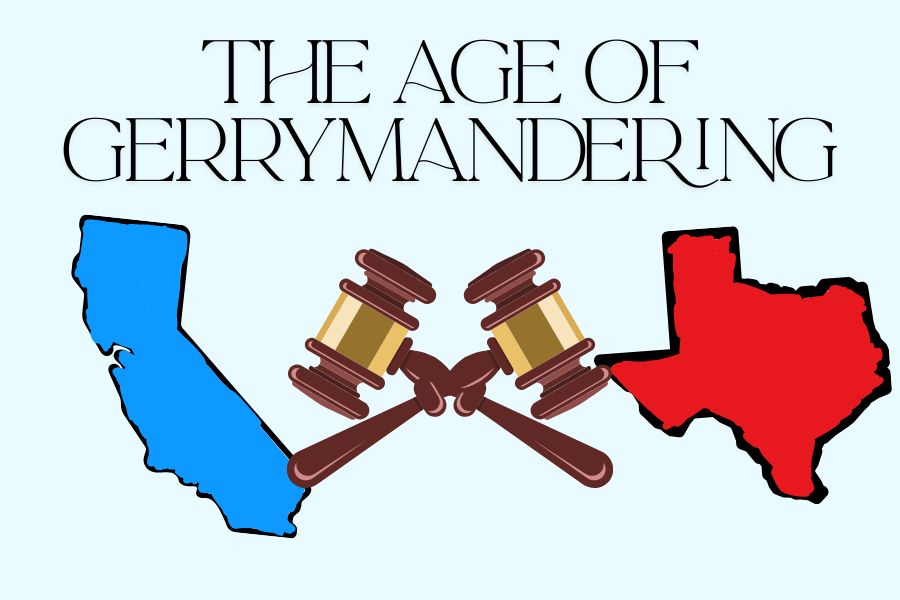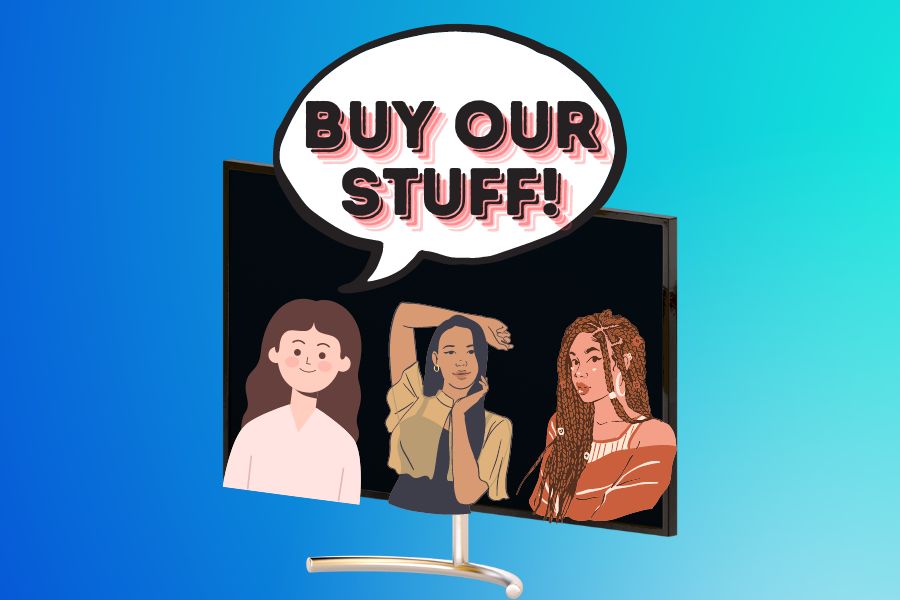Women have been regarded as objects for much of history. The practice of fathers walking their daughters down the aisle is reflective of a time when fathers would literally pass ownership of their daughter to her husband. It took until 1952 before all women in the U.S. were allowed to vote. Currently, women still do not have the same rights as men. This is reflected in the continuing blatant oversexualization and objectification of women, both in real life and especially on the internet.
This itself isn’t a new phenomenon. Women have been oversexualized in ads for ages, and on big screens too (see Super Bowl ads). However, as video and mobile games have become more popular, so has this ad technique.
A commonly used advertising strategy in these games is a woman being stripped. While this itself is a gross example of oversexualization, in some ads it’s clear that the woman in the game wasn’t consenting to the removal of her clothing.
The current ad campaign I’m being subjected to is for the mobile game Hero Wars: Alliance. Its Google Play description states that it’s a fantasy RPG in which one can “collect epic heroes, win arena battles, [and] be a legend in idle wars.” On Google Play, the pictures displaying the game are harmless, there’s nothing problematic about them. Their YouTube ad campaign is a different story. In these ads, the oversexualization is fairly new. I got these ads years ago when they simply showed saving a princess from a dragon. While a bit archaic, it’s not problematic. Either they weren’t getting enough downloads from these types of ads or a new marketing advisor was hired, but the ads are nowadays quite different from what they used to be.
The final boss of a dragon has been replaced by an oversexualized woman with scant clothing and an unrealistic body shape. Either through wearing revealing clothing, having big breasts, doing inherently sexual things, or all three combined, these ads have objectified women. By making an oversexualized woman the final boss, this reinforces the idea that women, especially those considered attractive or who wear more revealing clothing, can and should be dominated and defeated. The main storyline of the game is no longer to save a princess from a dragon. Instead, it is to overpower an oversexualized woman.
Cleary, the messages in these ads are problematic and are unfortunately being pushed out onto men, especially younger boys that are more easily influenced. The consumers of these ads might start to internalize the messages they receive from them, starting to see real-life women in a dangerous light.
While some might argue that the objectification and oversexualization of women in mobile game ads don’t have an impact, I’d disagree. These ads are not only gross in principle, but also have an impact on the real world. Portraying women as sexual objects not only fuels the patriarchy and sexism, it helps to excuse violence against women. Fashioning women as objects lets them be dehumanized and therefore makes it easier for a perpetrator to commit their crimes. If they see their victim as an object and not a person, it’s easier to excuse their wrongdoings. To remove violence against women and to dismantle their perceived inferiority, many steps must be taken. However, a relatively simple one, ending ad campaigns that objectify and oversexualize, is a great first step.
Disclaimer: Articles designated as “Editorial” represent the views and opinions of the author, not the 2023-2024 Periscope staff, CHS/CASD administration, or the CHS student body.






























































































